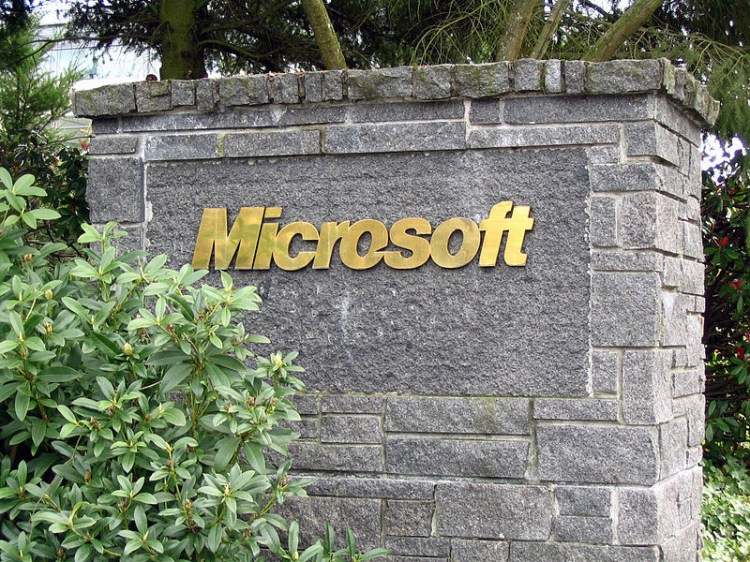Microsoft investors have a reason to smile this afternoon, even though there’s no word yet on a replacement for current CEO Steve Ballmer.
In its latest earnings report, Microsoft reported a record second quarter profit of $6.56 billion (78 cents per share), up 2.8 percent from the same period last year. That far surpassed Wall Street’s expectations of 68 cents per share, according to Thomson Reuters data. Total revenues rose 14 percent to $24.5 billion, which also topped analyst expectations.
Even though revenue growth far outpaced earnings growth, those are positive numbers for Microsoft, which has spent the past five months searching for a new CEO. Microsoft is making major transitions as it implements a company-wide reorganization and works to complete its acquisition of Nokia.
The company’s Xbox unit was a big winner: Microsoft sold 3.9 million Xbox Ones and another 3.5 million Xbox 360s last quarter. Its cloud services also performed well, with revenue that more than doubled. Specifically, Office 365 commercial seats and Azure customers each saw triple-digit growth.
Growth in the cloud business is “a notable and critical statistic for Microsoft,” said Ted Schadler, an industry analyst at Forrester Research, in a conversation with VentureBeat. “I think Microsoft has figured out the math to sell people on Microsoft cloud services. It’s starting to work.”
Microsoft’s Surface Pro 2 tablet also launched this past quarter, but the company isn’t offering up specific sales figures for the new version. It did note that Surface revenue more than doubled since last quarter, from $400 million to $893 million.
“Growth in the Surface and Xbox businesses also jumps out,” said Schadler. “Of course those are seasonal divisions, but even still, those are big numbers.”
But Microsoft is struggling to convince customers to buy Windows 8, and it appears Windows 8.1 hasn’t entirely set the company back on track. Declining PC sales continue to plague the Windows unit, with Windows OEM revenue down 3 percent. Still, that’s less than last quarter, when OEM sales of Windows dropped 7 percent.
Microsoft shares climbed 4 percent in after-hours trading.


